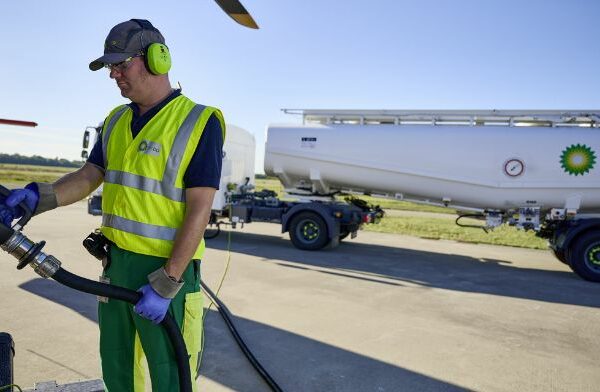Airports have reaffirmed their commitment to reducing disruptive passenger behaviour as a result of alcohol-related incidents.
Two years ago an industry Code of Practice was created to reduce the number of disruptive passenger incidents, particularly those caused by excessive alcohol consumption. On Friday 1 February, airports reiterated their support for the initiative and outlined the actions they have taken collectively and individually to bring down the number of alcohol-related incidents down.
These included building on previous prevention measures in a number of ways such as: joining with industry partners in the One Too Many campaign, to educate passengers on the risks of disruptive behaviour; internal reporting systems for disruptive behaviour/ banning the sale of promotional measures such as a ‘double-pint’; and singing up to Best Bar None or similar accreditation schemes.


Working alongside its members, the AOA has identified pinch-point areas in the airport where additional measures can be developed beyond the existing Code of Practice. These include: banning the sale of shots in airport bars, as well as the sale of miniature bottles of spirit in duty-free outlets and introducing a yellow-card scheme for warning passengers who are observed to be borderline or too boisterous. The latter would usually be facilitated in close cooperation with the local police force.
Speaking on 1 February, Dee continued: :The industry as a whole is taking disruptive passengers very seriously. Today we underline the airports’ commitment to taking the necessary steps to ensure that the majority of well-behaving passengers can continue to enjoy travelling by air.”
She also warned that “ultimately, passengers should be aware that they have a responsibility to themselves and fellow passengers to behave appropriately.”





